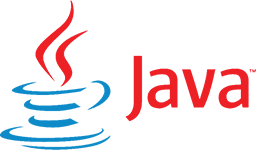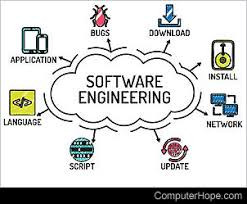
his is an interactive course in Java for first time programmers. It offers a scaffolding approach to learning, starting with the basics of computing and gradually progressing to fairly sophisticated problems. All through this learning path, there are many assessment quizzes and programming activities to keep the learners engaged. The course is divided into five modules. In the first module, the learners will know how to set up the Java programming environment, including an IDE, using Eclipse as an example. The next four modules cover variables, data types, control flow using iterations and decisions, and array handling, various program development strategies, starting with design and then coding, compiling, executing, testing, and debugging. Students will be also initiated to the syntax of the Java programming language; object-oriented programming with the Java programming language; creating graphical user interfaces (GUI), exceptions, file input/output (I/O), threads and networking. Programmers familiar with object- oriented concepts can learn how to develop Java application. This course uses the Java 2 Software Development Kit
(SDK) and this course also includes a comprehensive final exam.
- Teacher: Dr. GATETE Marcel

This course will cover fundamentals of Software Engineering, topics will range from Software Process to various prominent Models in Software Engineering with focus on Software Development Life Cycle (SDLC) , Requirement Engineering in Software Engineering, Waterfall Models in Software Engineering such as RAD Model in Software Engineering ,Spiral Model in Software Engineering, V-Model in Software Engineering, Incremental Model in Software Engineering, Agile Model in Software Engineering, Iterative Model in Software Engineering, Big-Bang Model, Prototype Model in Software Engineering and Engineering. The course content will be also including Project Management-Activities and Tools, Software Metrics in Software Engineering such ass Size Oriented Metrics-Halstead's Software Metrics -Case Tools For Software Metrics and project Planning such Software Project Planning Software Cost Estimation using models such as COCOMO Model in Software Engineering and Model. Additionally, the course will deeply discuss on Risk Management issues such as Risk Management Activities, Project Scheduling and Personnel Planning. It will also provide detailed explanations on software Requirements such as Requirement Analysis in Software Engineering, Data Flow Diagram in Software Engineering, Data Dictionaries and Entity-Relationship Diagram (ERD), Software Configuration Management in Software Engineering, SCM Process, Software Quality Assurance, Project Monitoring & Control. Also covered are Software Quality: Software Quality-ISO 9000 Certification-SEICMM-PCMM-Six Sigma and Software Design such Software Design in Software Engineering-Software Design Principles-Coupling and Cohesion in Software Engineering-Function Oriented Design-Object Oriented Design and User Interface Design Coding, Software Reliability and Software Reliability Models, Software Maintenance, finally Software Testing in Software Engineering and this course also includes a comprehensive final exam.
- Teacher: Dr. GATETE Marcel
